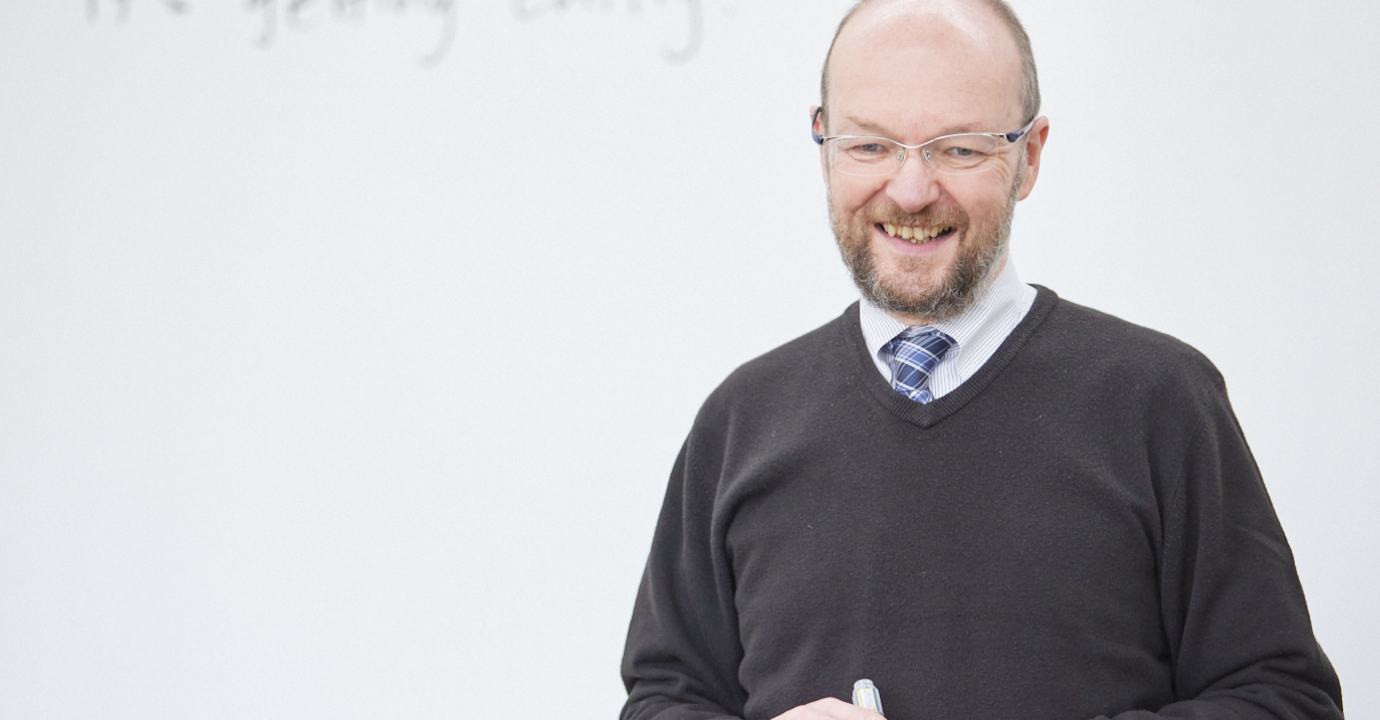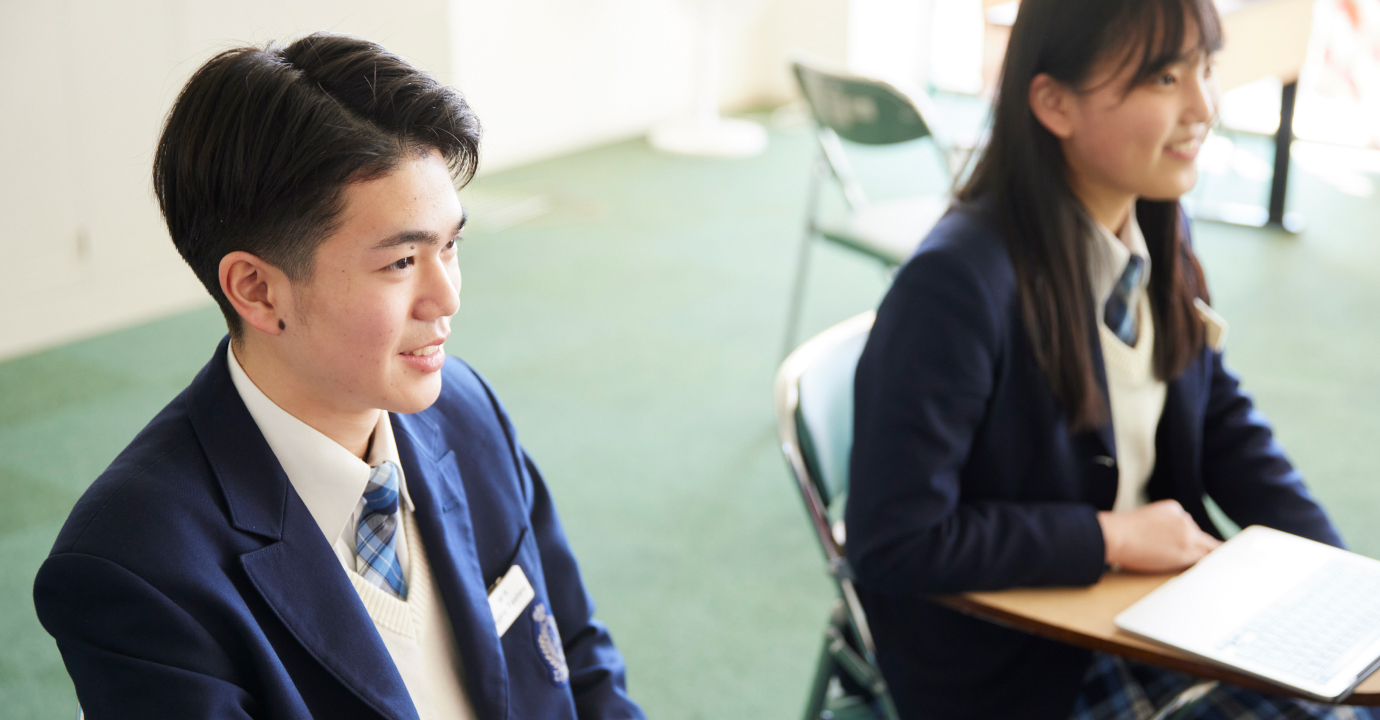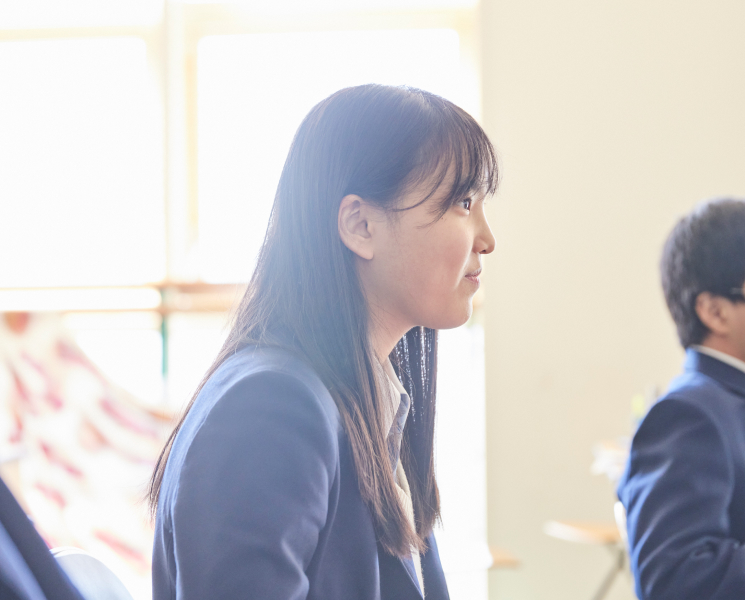Foregoing the conventional educational approach that places too great an emphasis on numerical grades and scores, we aim to educate individuals capable of contributing actively to the world by also cultivating students’ independence, creativity and communication skills.
Linden Hall High School’s curriculum builds upon the skills gained through being immersed in English in our Elementary School. In both curricula, students gain the reading comprehension and analytical thinking skills needed to derive solutions independently.
With our teaching staff from all over the world and countless opportunities to learn about Japanese culture and values, Linden Hall High School develops true global citizens who can balance appreciation for diversity with Japanese national identity.
In contrast to a teacher-centric educational approach, our classroom methods encourage students to engage actively in their learning process and discover the joy of unravelling the world’s many mysteries. These methods, we believe, are of inestimable value in modern times as they lead to the self-confidence and resilience needed to set and accomplish goals.

Continuing to build upon the foundations set in the Elementary School, Linden Hall High School employs an English Immersion approach in which nearly every class, other than Japanese, is taught in English.
Our goal is not just to improve students’ English abilities, but also to help them gain broader communication skills such as the ability to express ideas logically and therefore, persuasively.

In these dynamic times, students need to be able to develop their own solutions. They must ask the right questions and collaborate effectively with others to design and implement high quality solutions. What is needed in this age, then, is not a teacher-centric classroom filled with passive students, but rather a student-centered learning method that fosters independent thinking skills. Through asking “Why?”, research assignments, class discussions and presentations, students practise logically and persuasively conveying their opinions to people with different values while respecting their diverse perspectives. In particular, the IB course emphasises the abilities to think critically, conduct research, communicate, self-manage, and employ altruism, while fostering a habit of life-long learning.
IB Course
We guide students to understand that people have different values and ways of thinking, to develop into global citizens armed with open-mindedness and a tolerance for diversity. By interacting with teachers from around the world (from 6 countries as of March 2021), students naturally acquire not only English language skills, but also a respect for diversity. Through both classes and school life, they gain an understanding of the values of various countries and cultures, as well as the verbal and nonverbal components of communicating with people of different national backgrounds. We also provide a plethora of opportunities for students to study and volunteer abroad. It is through leaving Japan and experiencing the world that youth can best deepen their understanding of diversity while obtaining greater clarity on the merits and values of Japan.
Overseas Study and Volunteer Opportunities
In the high school, we provide a special class, Insight (gaining insight into the nature of things), which invites speakers active at the forefront of their fields to share their knowledge regarding differences in culture and values between Japan and other countries. Through this class, students develop the ability to look at things from multiple perspectives and gain insight into the essence of various issues. For example, they consider questions such as “What roles does money play in society?” “What are the similarities and differences between the East and West?” and “How many universes could there be?” By studying a wide range of topics, from familiar subjects to societal issues and even space-related themes, students acquire an agile mind and macro perspective.
View more
Loading